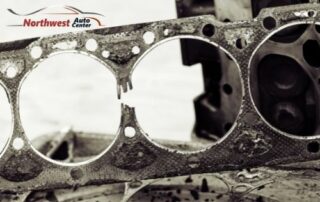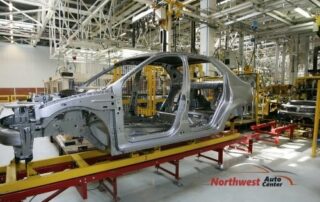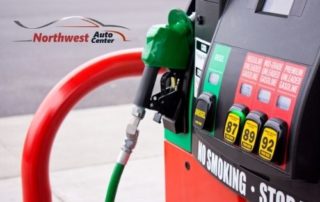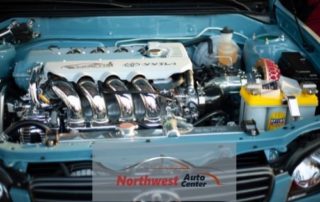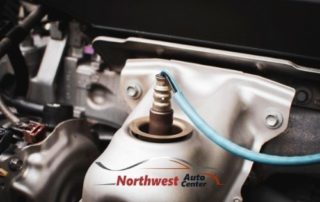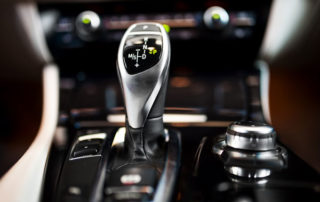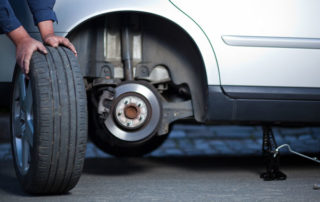Do You Have a Blown Head Gasket?
Have you ever heard of someone’s engine blowing a head gasket? They never sound happy about it! A blown head gasket is a big problem — and an expensive repair. To understand why a broken head gasket could be such an issue, let's first discuss about what they do and why they are essential for your vehicle. Head Gaskets 101 The head gasket in your vehicle’s engine, retains the gases that are combusting between the engine head/s and the engine block deck. As your engine works, combustion makes power and head gasket/s prevents liquids (like coolant and oil) from getting into the engine’s combustion chambers. Head gaskets act as barriers between the engine head/s and the engine deck. It keeps everything where it's supposed to be without any crossover or contamination that could cause damage to your vehicle's engine components. However, the head gasket/s can wear over time, significantly weakening the part. Blown head gaskets can happen when an engine severely overheats due to a faulty thermostat, clogged radiator, [...]

